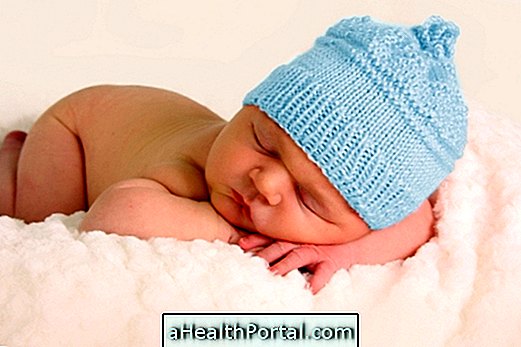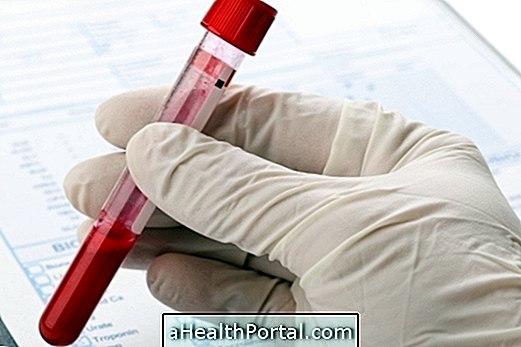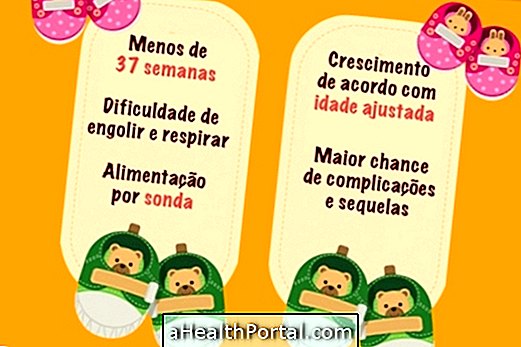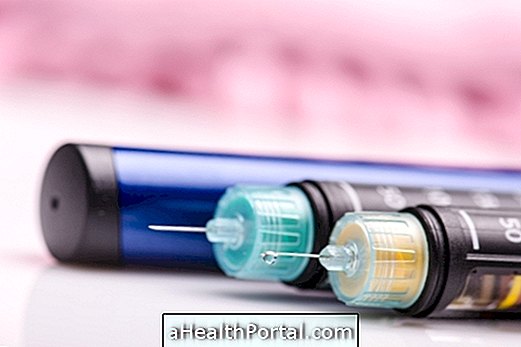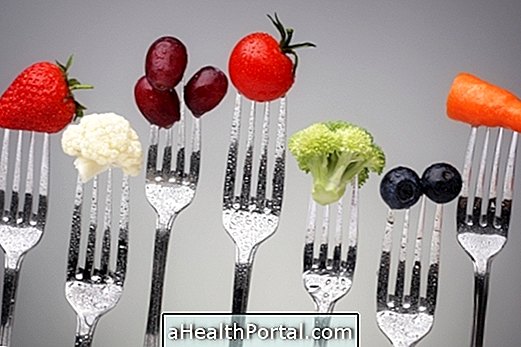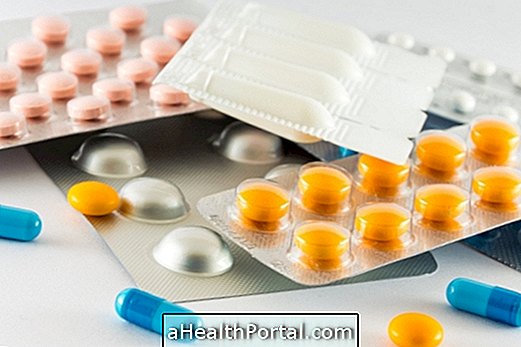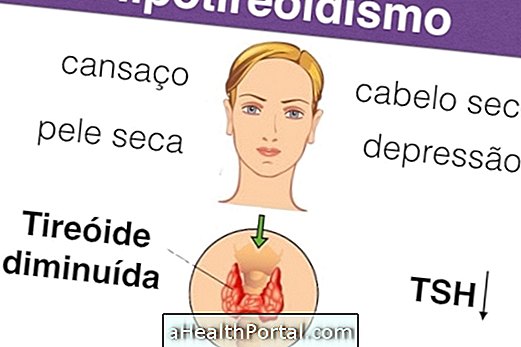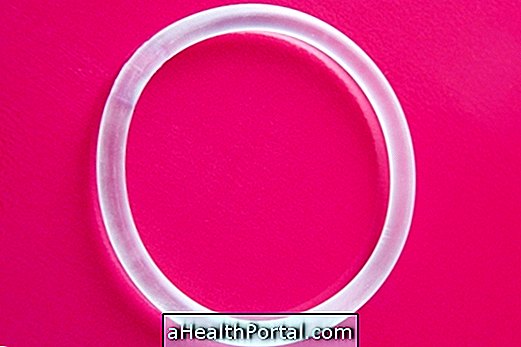Taking certain antibiotics, having Crohn's disease, having diarrhea, or drinking certain teas can cut or decrease the effectiveness of the contraceptive pill, and there is a higher risk of pregnancy.
Some signs that may indicate a decrease in pill efficacy include changes such as absence of menstruation or minor bleeding outside the menstrual period, this being one of the clearest signs that the woman is not having the amount of hormones she needs in her current constantly every day.
![]()
Learn the most common situations that decrease or cut the effectiveness of oral contraceptives, which are taken in pill form:
1. Use medicines
Some antibiotics and medicines that control seizures can cut or decrease the effectiveness of the contraceptive pill and so whenever it is necessary to take any of these medicines, you should use a condom until 7 days after the last dose of the medication. Some examples are Rifampicin, Phenobarbital, Phenytoin and Primidone know more names of medicines that decrease the effectiveness of the contraceptive pill.
2. Having vomiting or diarrhea
Having an episode of vomiting or diarrhea up to 4 hours after taking the contraceptive may mean that it has not had time to be absorbed by the body, completely losing or decreasing its effectiveness.
Thus, if vomiting or diarrhea has occurred during this time, it is recommended to take the next pill to ensure the daily dose needed to protect yourself from unwanted pregnancy. However, in case of chronic diarrhea or when it is not possible to control liquid stools for more than 4 hours, another contraceptive method, such as the condom, the IUD, or the IUD, for example, should be chosen.
See 10 Contraceptive Methods to Avoid Getting Pregnant
3. Diseases or changes in bowel
If you have an inflammatory bowel disease such as Crohn's disease, have an ileostomy, or have had a jejunoileal bypass, you are more likely to become pregnant even if you use the pill because these conditions may prevent the small intestine from absorbing the hormones in the pill correctly, protection against pregnancy.
In this case, it is recommended that the woman use another contraceptive method, such as a condom, implant, or IUD to protect herself from unwanted pregnancy.
4. Forget to take the pill
Forgetting to take the contraceptive for 1 day or more in any cycle week may change its effectiveness. The same happens if the woman who takes the pill for continuous use, forget to take her pill at the same time, and so in case of delay or forgetfulness should read the insert to know what to do or watch the video below :
![]()
5. Drinking too much alcohol
Consuming beverages like beer, caipirinha, wine, vodka or cachaça does not decrease the efficacy of the pill. However, women who over-consume this type of drinks and get drunk are more likely to forget to take the pill on time, increasing the risk of an unwanted pregnancy.
6. Drinking teas
Taking large doses of diuretic teas soon after taking the contraceptive may decrease its effectiveness because the body may not have time to absorb the medication, which can soon be expelled from the body through the pee. It is therefore not recommended to consume more than 5 cups of teas, such as horsetail or hibiscus, just before or after taking the pill.
In addition, St. John's wort tea, commonly taken to combat depression and anxiety can also interfere with the pill lessening its effectiveness and therefore it is not recommended to ingest this tea. If you are taking treatment with this medicinal plant you should opt for another method of contraception.
7. Consume drugs
Consumption of illicit drugs such as marijuana, cocaine, crack or ecstasy, among others, does not directly decrease the efficacy of the drug chemically because the compounds do not interact with each other, but since women who take drugs are at greater risk of forgetting to take the time, it is recommended that anyone using them have another way of avoiding pregnancy because they are very harmful and put the baby's life at risk.
